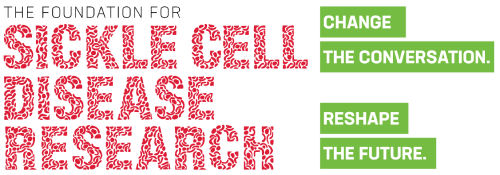Sickle Cell Disease Resources
Navigating sickle cell disease (SCD) can be challenging, but access to the right information and support can make a difference. This page offers a variety of resources for patients, caregivers, healthcare professionals, and advocates, including educational materials, research updates, treatment options, and support networks.Whether you are looking for the latest developments or seeking community connections, these resources are here to help.
